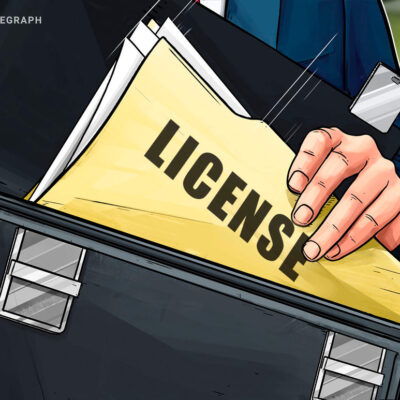A report commissioned by South Korea’s federal government recommends the domestic crypto industry adopt a licensing system for exchanges and token issuers as a way of protecting investors.
The report issued by the Financial Services Commission (FSC) to the National Assembly, the country’s legislature, also calls for new regulations to mitigate insider trading, pump and dump schemes, and wash trading.
The new regulations would be stricter, and the penalties for failure to comply would be harsher, than those in the Capital Markets Act that the domestic crypto industry currently abides by.
The Comparative Analysis of the Virtual Property Industry Act report obtained exclusively by Korea Economic Daily on May 17 reveals a recommendation to establish a licensing system that would apply to coin issuers, such as companies that operate initial coin offerings (ICO) and crypto exchanges. Varying degrees of licenses would be issued based on the risk involved.
Regulating coin issuers through a robust licensing system is considered the “most urgently needed protection†in the market today. That position may be underscored by the untimely market crash sparked by the fall of the Terra (LUNA) project, whose South Korean founder Do Kwon may find himself called before the National Assembly to explain what happened.
One recommended regulation would force coin issuers to submit a white paper to the FSC about their project that includes details about the company’s officers, how it plans to use funds raised through an ICO, and what risks are associated with the project. Updates to the white paper would have to be submitted at least seven days before proposed changes could take effect.
Even companies with headquarters abroad that want their tokens traded on Korean exchanges would be required to adhere to the white paper rule.
It is likely that the FSC had stablecoins on their agenda well before problems arose last week for Terra USD (UST), Dei (DEI), and Tether (USDT). However, there are recommendations to put requirements on stablecoin issuer asset management that would apply to how they use collateral and how many coins an issuer can mint.
The report also aims to curb shady trading activity which local exchanges and coin issuers have been accused of for years. It suggested regulations on insider trading, price manipulation, pump and dump schemes, wash trading, and industry standard transaction fees.
Cointelegraph reported in April that an industry insider speaking to local media acknowledged that provisions in the Capital Markets Act may not be adequate to properly govern the crypto industry.
Related: Leaked report: South Korea to establish crypto framework by 2024
South Korea’s new President Yoon Seok-yeol was elected in part due to his eagerness to understand the crypto industry. On May 3, he declared that his regime would push through a bill that extends the tax-exempt status of crypto investment gains until a proper legal framework is in place.
The report revealed today could be the beginning of the framework President Yoon had in mind for the crypto industry.






